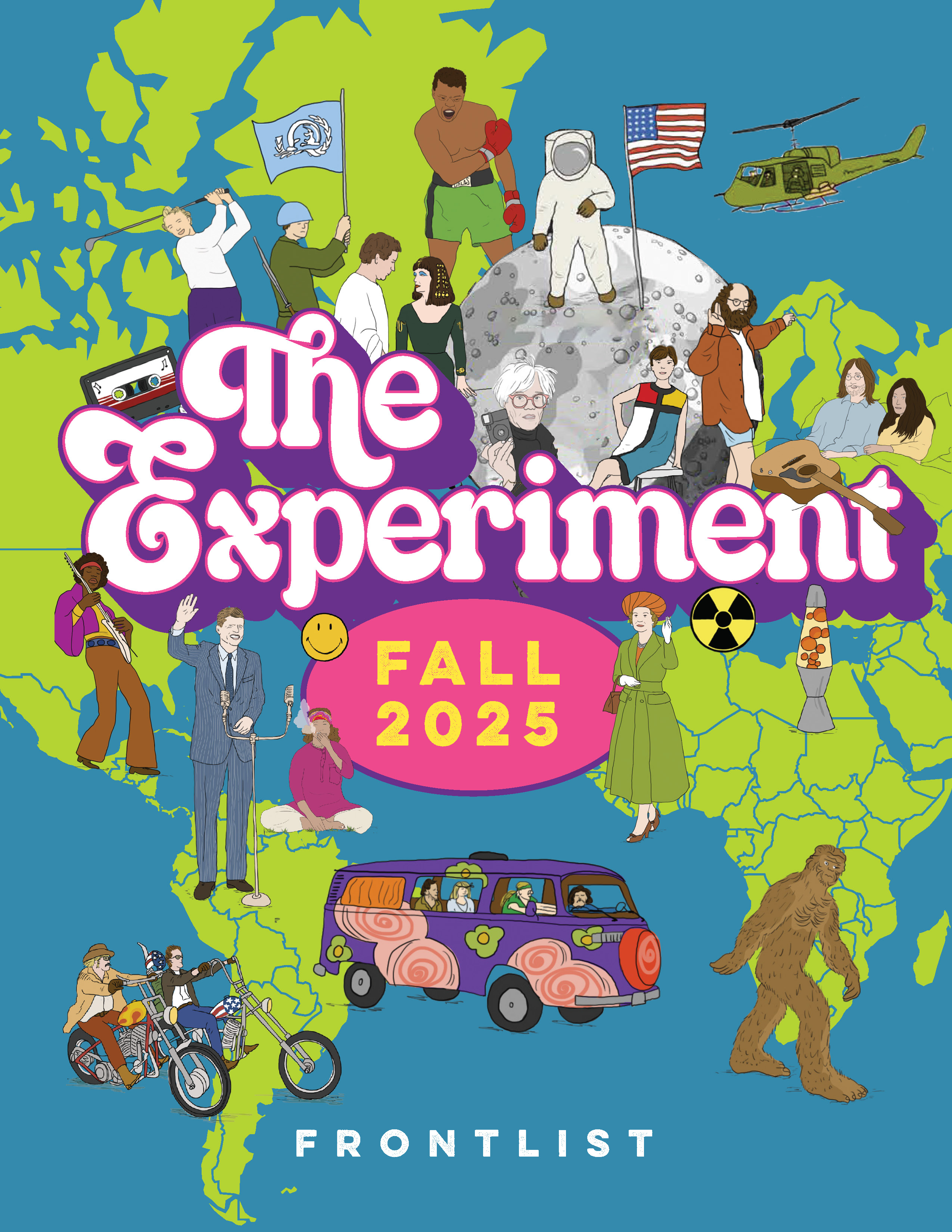What is the universe made of? How did life begin? Are we alone in the universe? What makes us human? Can we live forever? What is consciousness? Why do we dream? Why is there stuff? Are there other universes? Will we ever find a cure for cancer? Is time travel possible?

There are no real answers to some of the most common scientific questions and only vague explanations to others. Consider the question of what the universe is made of. Astronomers tell us that the atoms that form everything we see around us can only account for 5 percent of the universe, and nobody knows where the other 95 percent is. There’s some intriguing evidence that the “lost” matter is composed of dark matter and dark energy. The dark matter, “discovered” in 1933, acts as an invisible glue, binding galaxies and galaxy clusters together. Still, astronomers agree there is a lot more to be discovered.
How did life begin?
Lots of mysteries here too. Scientists pretty much agree that something started stirring in the “primordial soup” some four billion years ago. Those molecules started replicating themselves, and through change, growth, and adaption, presto, we have you and me.
Are we alone in the universe?
Most astronomers believe the universe is teeming with life, but there is not a shred of evidence yet. They feel there is really nothing unique about life on earth and there must be many places favorable for life. They’ve been scanning the heavens for extra-terrestrial life for about 50 years. But something new is on the horizon: the ability to scan the atmospheres of alien worlds for signs of oxygen and water. In the next few decades, scientists will be able to sample up to 50 billion potentially habitable planets in our Milky Way alone. And our Milky Way galaxy is just one of billions of galaxies.
What makes us human?
Our genetic makeup is 99 percent identical to that of a chimpanzee, but we humans have a much bigger brain than most animals; it’s just packed with neurons that control all the functions of the body and allow us to remember the past and contemplate the future. That big brain permits cooperation, learns trade skills, and promotes social interaction. We also have opposable thumbs that allow us to create, make tools, and manipulate things.
Can we live forever?
If you were born during the presidency of Andrew Jackson, about 1830, you could expect to live to age 39. These days, it’s 75 years for men and 80 years for women in the United States. Some researchers think the limit for human longevity is about 125 years. The body just wears out, especially due to dementia and heart disease.
There are some common-sense strategies that will increase one’s chances of extending life expectancy, such as a calorie-restricted diet, reduction of free radicals, better nutrition, immunizations, and exercise. Improved medical care, implants, and transplants have also stretched those years. In the final analysis, there are no guarantees in life. Much depends on inherited genes and just plain luck.
There is even discussion now of a computer chip implanted in the brain to supplement brain function. Can you envision “brain crash” or identity theft? Contemplate the headlines: “Over 1000 Brains Stolen and Downloaded Yesterday.”
Larry Scheckel taught high school-level physics and aerospace science for over 38 years. He was named Tomah (Wisconsin) Teacher of the Year three times, and Presidential Awardee at the state level for six years. He is the author of Ask a Science Teacher. Scheckel has authored articles for The Science Teacher magazine and The Physics Teacher magazine, and for a number of years has answered science-related questions in the twice-weekly Tomah Times, out of which this book grew. Scheckel has been a Science Olympiad coach, robotics mentor, organized star gazing sessions, and given orientation flights to students, and he has given presentations to thousands of adults and students in such venues as Children’s Museums, Boys and Girls Clubs, Rotary, and conventions. He lives with his wife in Tomah, Wisconsin.


